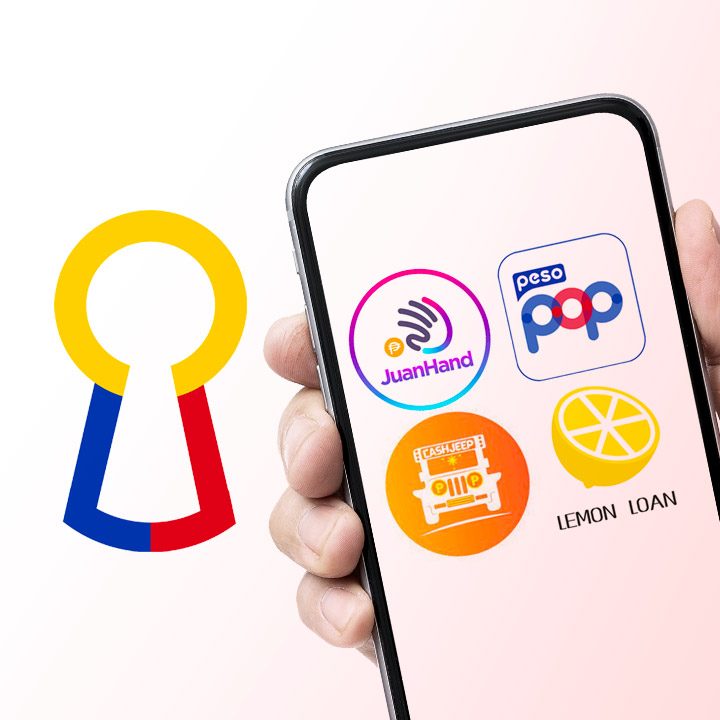SUMMARY
This is AI generated summarization, which may have errors. For context, always refer to the full article.

The National Privacy Commission (NPC) on Wednesday, August 25, ordered four online lending apps to be taken down following data privacy complaints against them.
In a press release, the NPC said the four apps – JuanHand, Pesopop, CashJeep, and Lemon Loan – “have been the subject of various complaints of unauthorized use of personal data that resulted in harassment and shaming of borrowers and are currently being investigated for violations of the Data Privacy Act and other NPC issuances.”
In four separate orders, the NPC directed Wefund Lending Corporation, Joywin Lending Investor Inc, Cash8 Lending Corporation, and Populus Lending Corporation – which operated JuanHand, Lemon Loan, CashJeep, and Pesopop, respectively – to stop processing borrower’s personal data.
Google statistics point to JuanHand being downloaded more than 1 million times, Lemon Loan and Pesopop more than 500,000 times, and CashJeep more than 100,000 times.
Collecting too much information
The NPC said the apps were collecting “irrelevant, unnecessary, and excessive” amounts of personal and sensitive information. The information, the NPC said, was taken without the borrowers’ free and informed consent.
The NPC’s Complaints and Investigation Division (CID) tested the apps out themselves, finding the apps gained access to “practically all the data in a borrower’s mobile device.”
The NPC-CID said these included a borrower’s sensitive personal data, as well as location data, photos, media files, emails, contact lists, and social media platform information from places like Facebook, Instagram and Google.
In the case of JuanHand, it could read a borrower’s calendar and confidential information, and also add or modify calendar events. It could also send emails to the borrower’s contacts without the borrower’s knowledge.
The companies operating the apps were given an opportunity to reply to the NPC’s findings. Two companies did not file position papers, while the other two were unable to convince the NPC as to not imposing the ban on those apps.
The NPC added it is currently studying and investigating over 200 online lending apps, with appropriate actions to be made against erring apps based on investigations. – Rappler.com
Add a comment
How does this make you feel?





![[OPINION] A big defeat for Big Tech](https://www.rappler.com/tachyon/2024/03/big-defeat-big-tech-march-27-2024.jpg?resize=257%2C257&crop=425px%2C0px%2C1080px%2C1080px)




There are no comments yet. Add your comment to start the conversation.